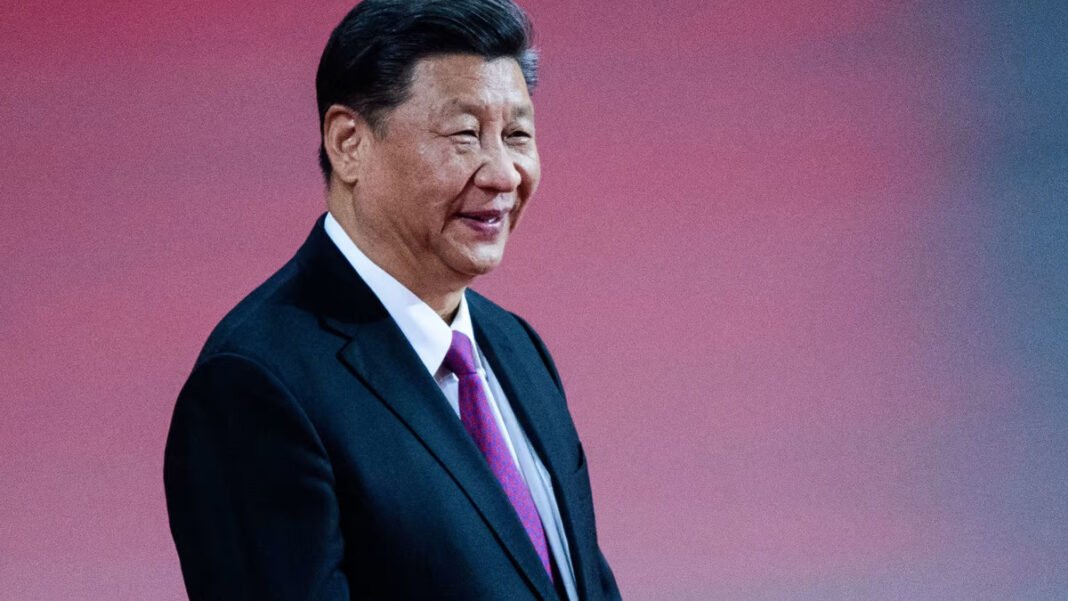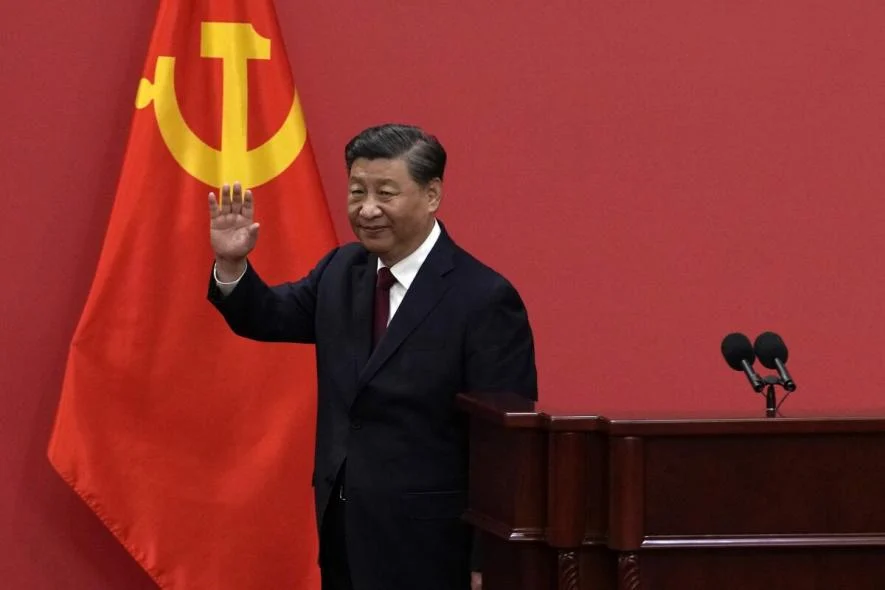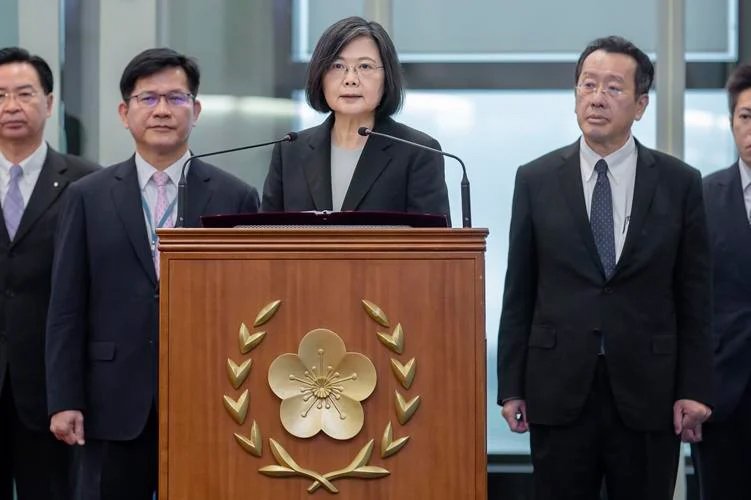BEIJING, Oct 13: At the Communist Party congress that begins on Sunday, President Xi Jinping, China’s most influential figure in decades, will get a chance to install more allies who share his vision of an even more dominant party role in the economy and tighter control over entrepreneurs.
The only question, economists and political analysts say, is whether China’s economic doldrums might force Xi to temper his enthusiasm for a state-run economy and include supporters of the markets and private enterprises that generate jobs and wealth.
The congress will name a new Standing Committee, China’s inner circle of power, and other party leaders.
Economic regulators will be appointed by the ceremonial legislature, which meets in March. But the leadership lineup will highlight who is likely to succeed Premier Li Keqiang, the top economic official, and take other government posts.
Xi has called for a “great rejuvenation of the Chinese nation” by reviving the party’s “original mission” as economic and social leader.
During his term, the emphasis has been on politics over economics and on reducing reliance on foreign technology and markets.
Xi is expected to try to break with tradition and award himself a third five-year term as party leader. A report he is due to deliver at the congress will set economic, trade and technology goals for at least the next five years.
Investors will look for signs of “a more private sector-led economy. But with President Xi in place, there won’t be much change,” said Lloyd Chan of Oxford Economics. “Any reforms will be carried out in a way that it will be state-led.”
The party faces an avalanche of challenges: A tariff war with Washington; curbs on access to Western technology; a shrinking and aging workforce; the rising cost of Beijing’s anti-COVID strategy, and debt that Chinese leaders worry is dangerously high.
Economic growth slid to 2.2 per cent over a year earlier in the first six months of 2022, less than half the official target, sapped by a crackdown on debt in China’s vast real estate industry and repeated shutdowns of major cities to fight virus outbreaks.
Loyalty to Xi is regarded as key to promotion. One potential candidate for premier, a post that usually goes to the No. 2 or 3 party leader, declared his allegiance by publishing a newspaper article in July that invoked Xi’s name 48 times.
“Xi Jinping prefers to appoint party apparatchiks, cadres who are loyal to himself, rather than technocrats,” said Willy Lam, who researches elite Chinese politics at the Chinese University of Hong Kong. “This is a big problem if we look at future financial and economic advisers to Xi.”
Beijing opened its auto industry to foreign ownership and carried out other market-oriented reforms. But it has failed to follow through on dozens of other promised changes.
Meanwhile, the party is pouring money into creating computer chip, aerospace and other industries.
Private sector success stories including Alibaba, the world’s biggest e-commerce company, and Tencent, a giant in games and social media, are under pressure to align with party plans.
They are diverting billions of dollars to chip development and other political goals.
Xi’s government wants manufacturers to reduce reliance on global supply chains and use more domestic suppliers, even if that raises costs.
Under the 1950s propaganda slogan “common prosperity”, Xi is pushing entrepreneurs to help narrow China’s wealth gap by paying for rural job creation and other initiatives. (AP)












